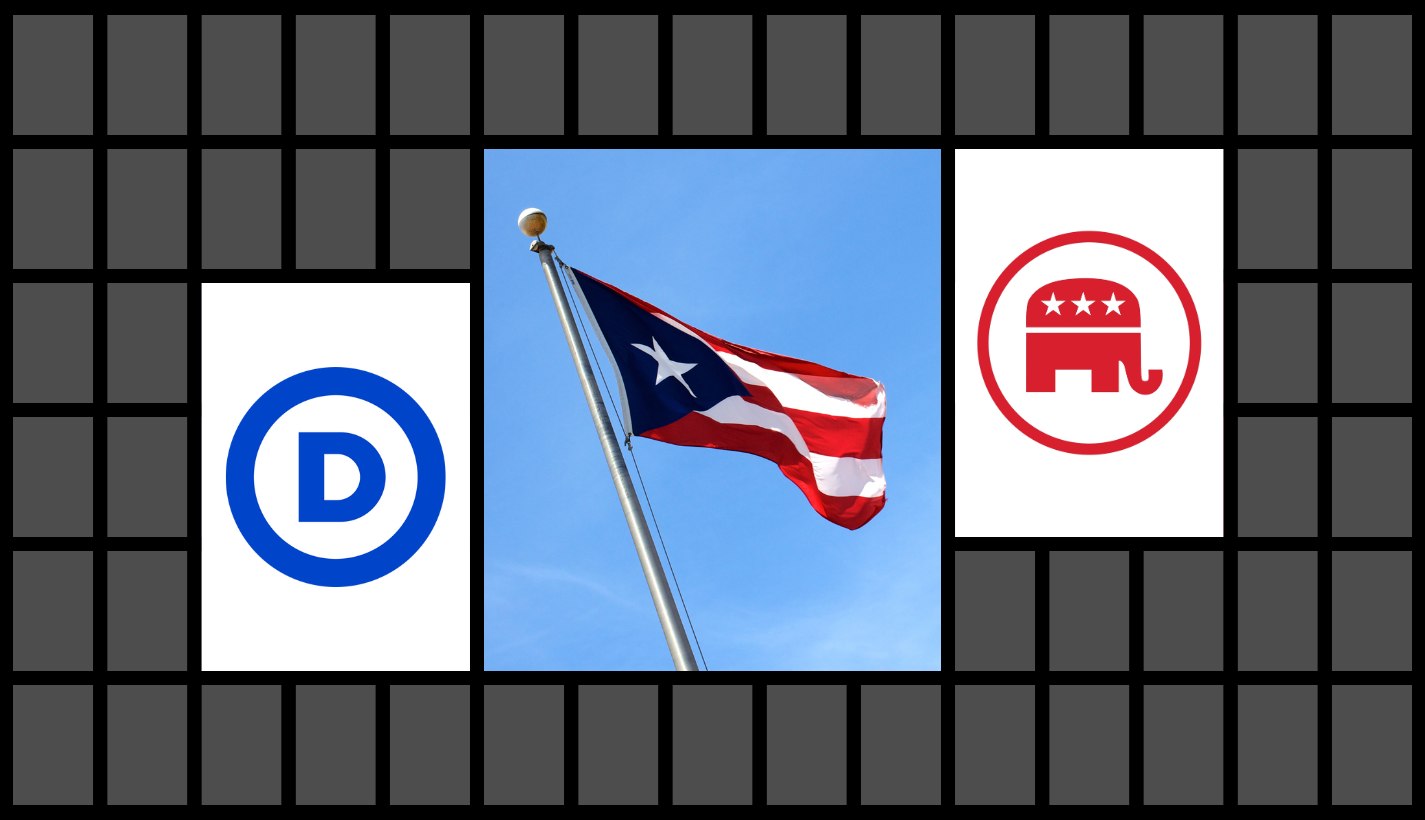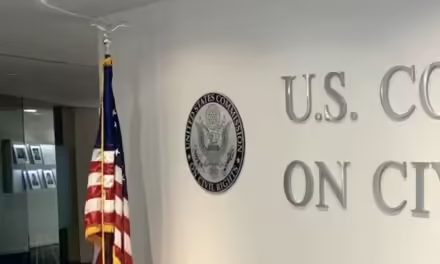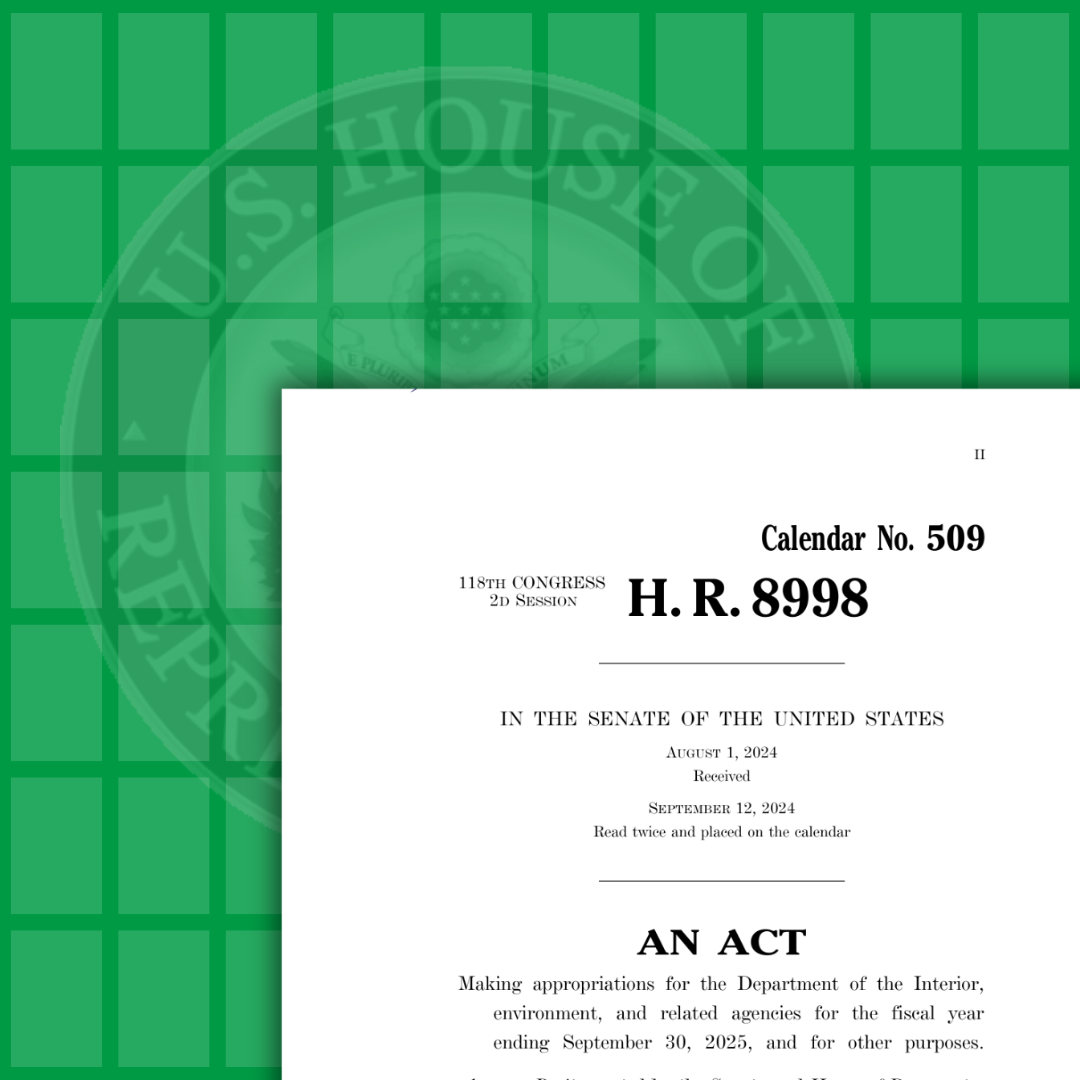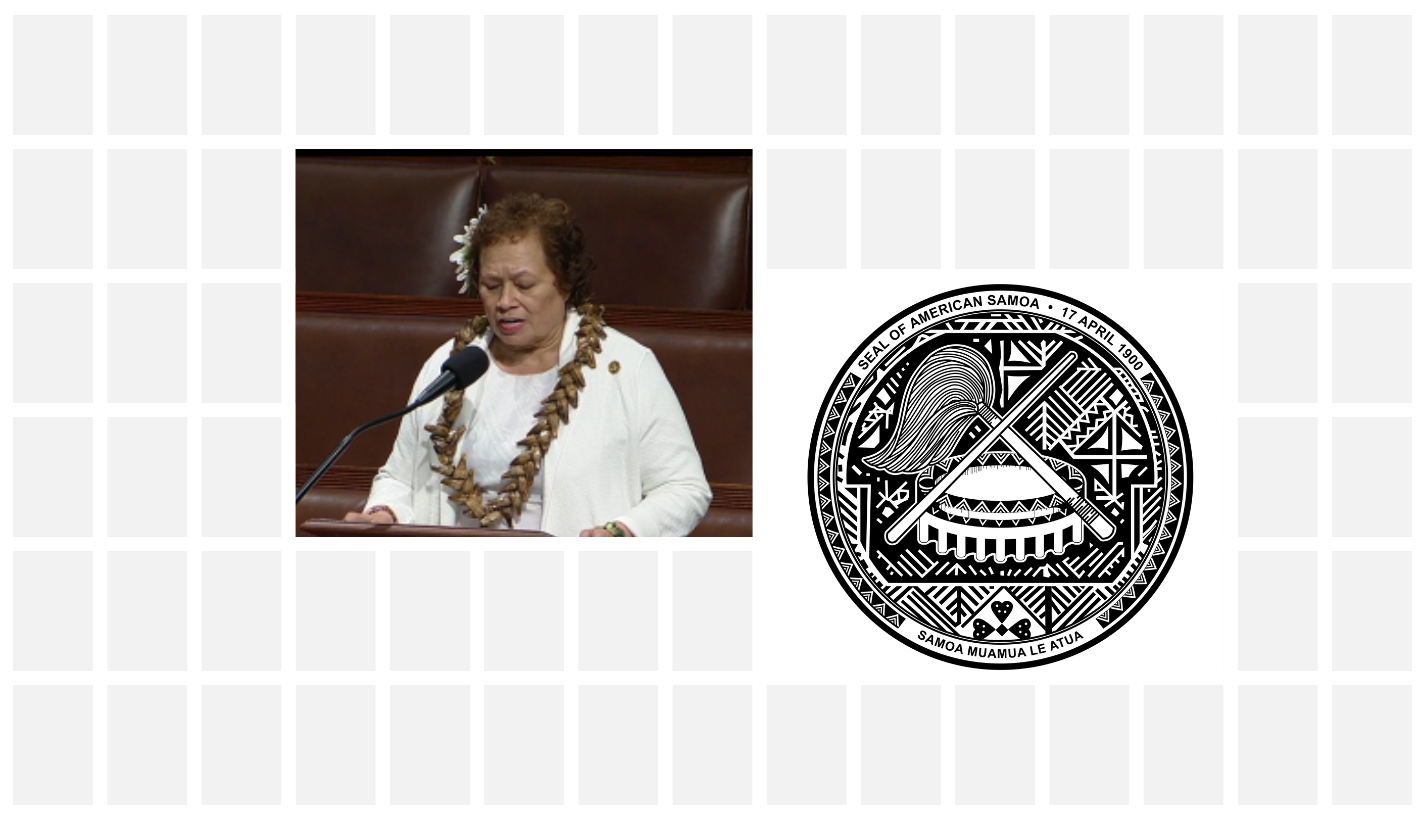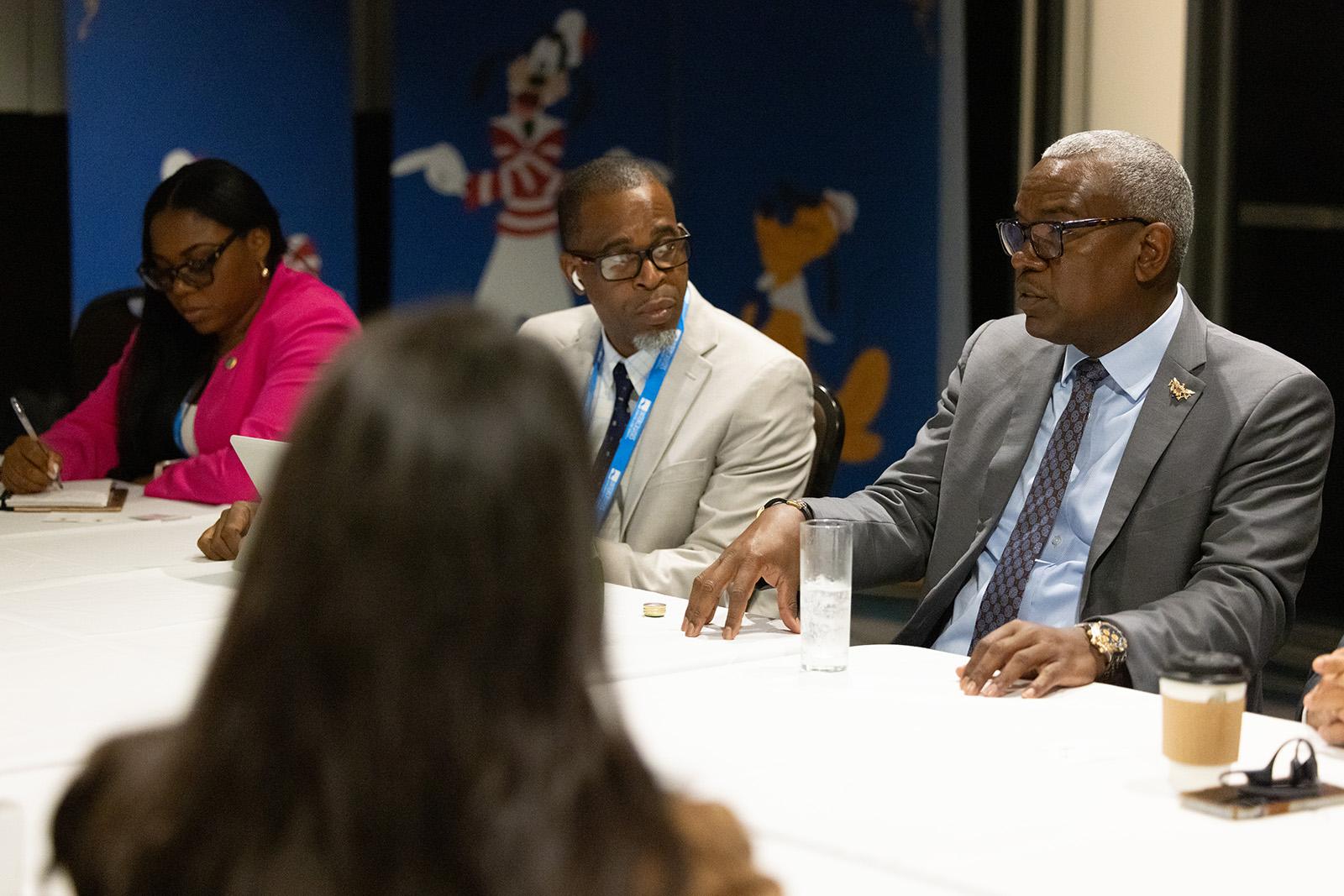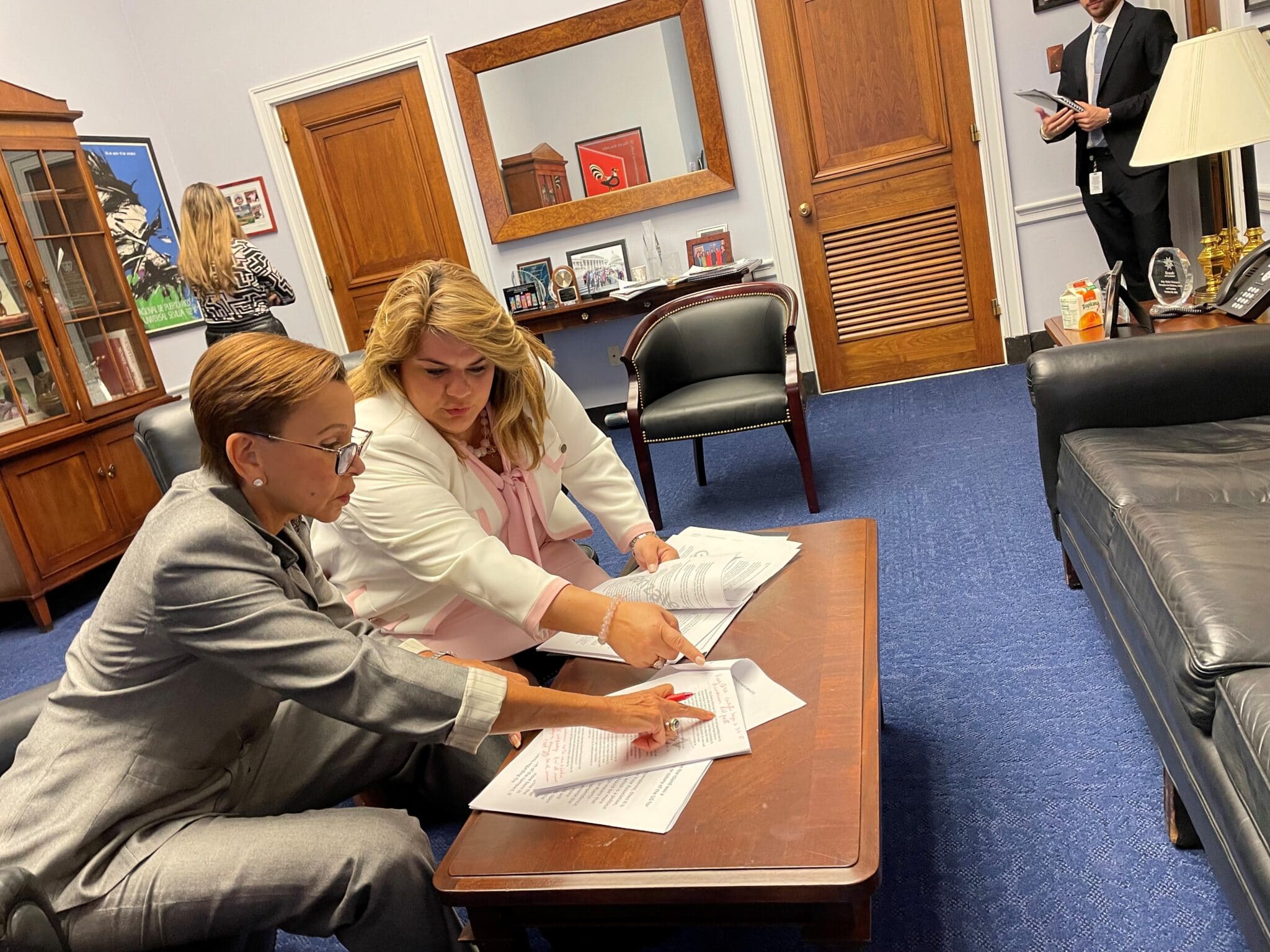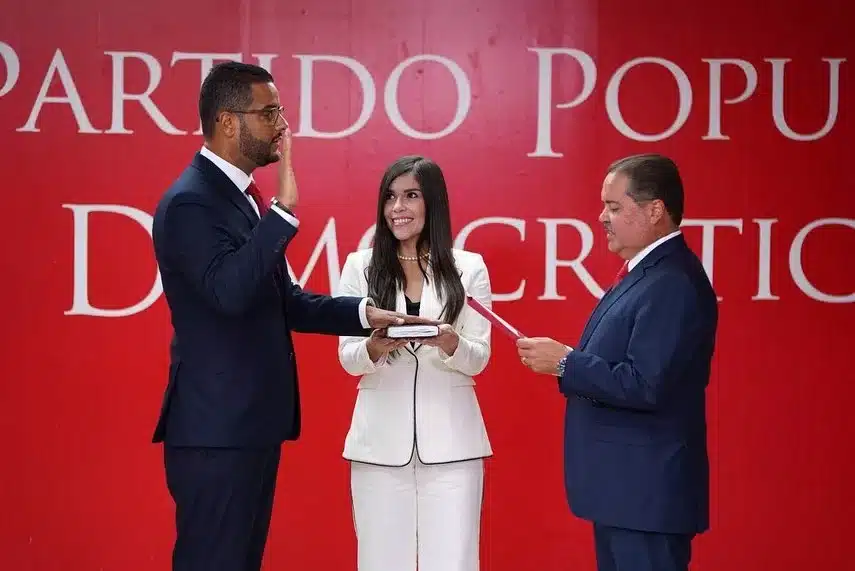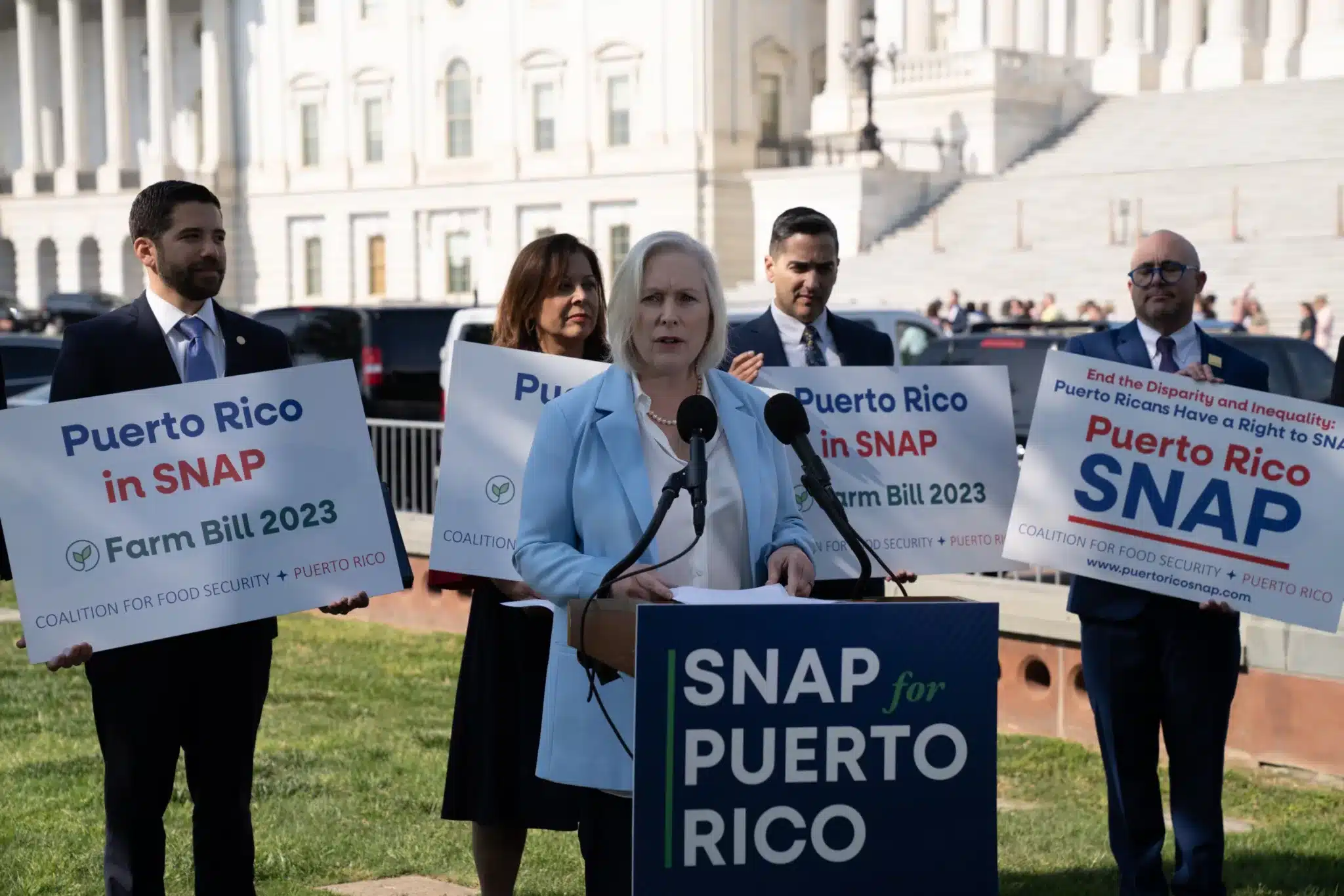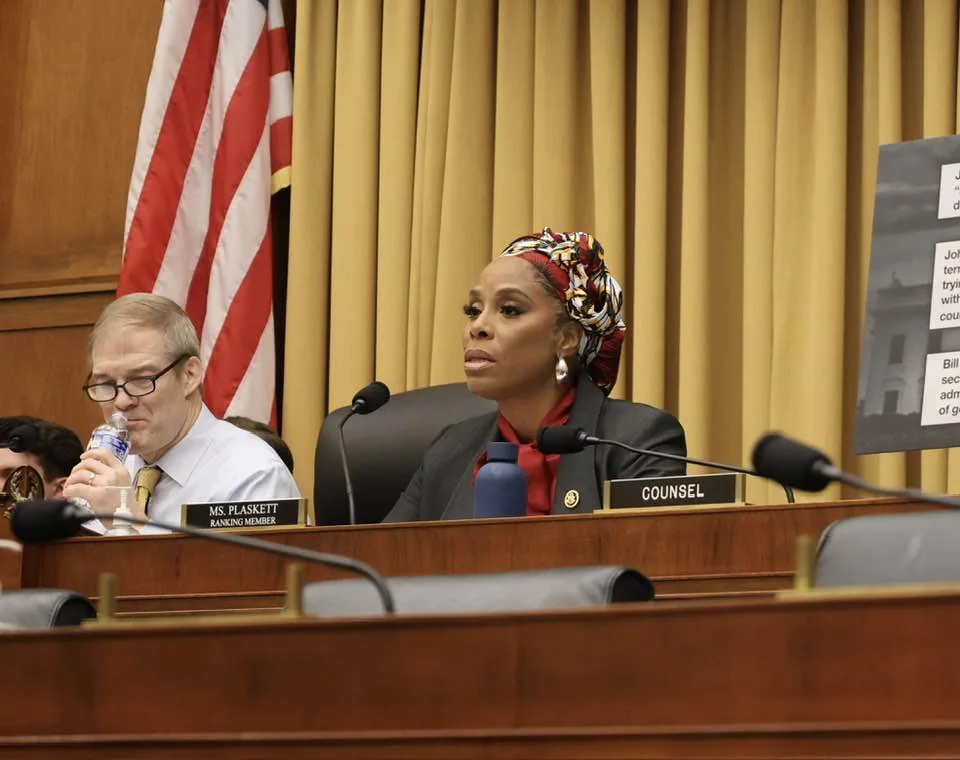Economic autonomy for Puerto Rico falters in Congress
Puerto Ricans continue to hope for economic autonomy as the Territorial Relief Under Sustainable Transitions Act (TRUST Act) stalls in the United States House of Representatives. Representative Ritchie Torres (D) of New York introduced the bill, making it easier to dissolve the Financial Oversight and Management Board, on April 5, 2022. The bill revises the Puerto Rico Oversight, Management, and Economic Stability Act (PROMESA).
The federal government passed PROMESA in 2016 under President Barack Obama (D) in order to address Puerto Rico’s debt crisis. The territory faced a burden of more than $72 billion in debt with no way to restructure or reduce debt payments. In 2015, the government declared the debt was unpayable. The law established the Financial Oversight and Management Board to restructure debt and achieve fiscal responsibility. The Oversight Board makes financial decisions for the government and has the power to intervene in other government decisions. Besides making financial decisions, the Oversight Board negotiates plans with creditors to lower the debt to sustainable levels. The last provision of PROMESA allows the Oversight Board to develop a fiscal plan that estimates revenues and expenditures, funds essential services and promotes economic growth.
Under PROMESA, the Oversight Board will dissolve once the territory meets two requirements. First Puerto Rico must restructure its debt. It also has to gain access to credit markets with reasonable interest rates. Second, Puerto Rico must balance its budget for four consecutive years.
While the Oversight Board has reduced debt, its austerity measures have harmed residents. The excessive negotiated payments to creditors weakened the territory’s economy. Pensions and worker benefits have decreased. Besides outcry from the labor sector, government officials expressed anger over how the Oversight Board has limited the powers of the elected government.
The TRUST Act reduces the balanced budget rule from four years to two years and excludes certain forms of debt from the budget. The bill also removes the requirement of credit access at reasonable rates. Once Puerto Rico meets the revised guidelines, the bill outlines the transition of financial control to the government.
Governor Pedro Pierluisi (NPP, D) criticized the Oversight Board for micromanaging government decisions. Pierluisi backed the bill, noting “It is time to begin the transition towards returning the public policy decision-making responsibilities back to Puerto Rico’s elected leaders who represent our people. The time has come to look towards a future of progress and fiscal responsibility for Puerto Rico without the Board.” Resident Commissioner Jenniffer González-Colón (NPP, R) echoed similar statements. “Now that Puerto Rico has exited bankruptcy, we are ready for another chapter without an Oversight Board,” said González-Colón.
The bill has continued to languish in the House. Torres wanted to plan hearings for the spring of 2022 but the House Committee on the Judiciary and House Committee on Natural Resources have not acted yet. As of now, Puerto Rico has exited bankruptcy and reduced debt, but Puerto Rico is still working to meet PROMESA guidelines. The TRUST Act would accelerate the end of the Oversight Board, and return financial independence to Puerto Ricans.

